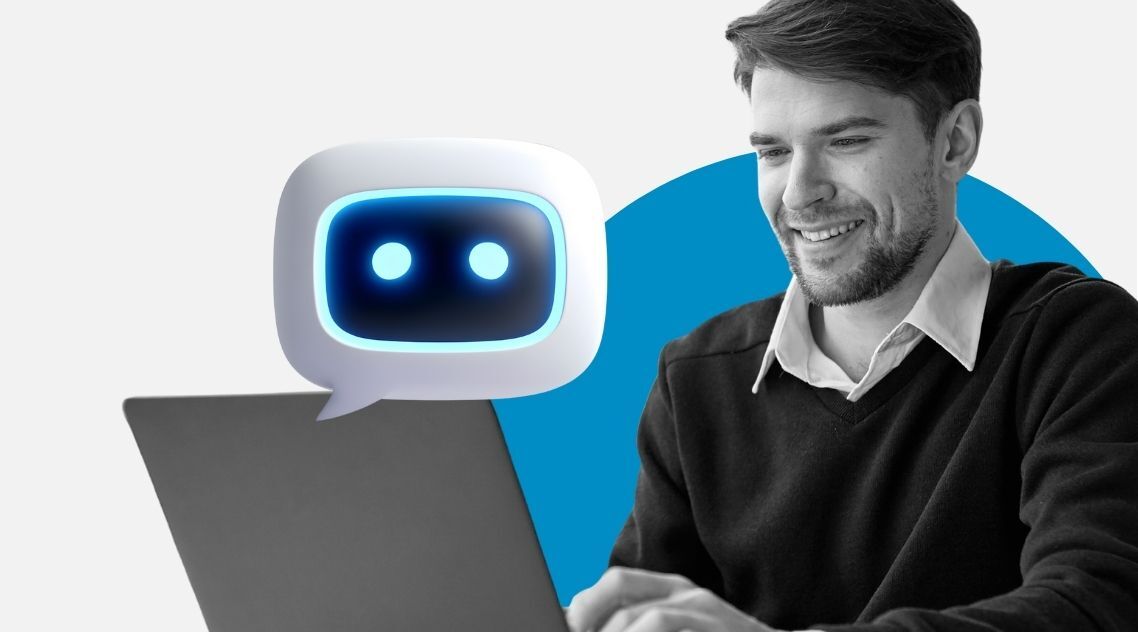Recruitment has never been straightforward. Shifts in labor markets, evolving skill demands, and leaner internal teams mean that hiring often feels like trying to do more with less. Many organizations have turned to Recruitment Process Outsourcing (RPO) as a way to add flexibility, expertise, and scalability to their talent acquisition efforts.
RPO is when a company outsources some or all of its recruitment functions to an external provider who integrates with the in-house team. Unlike staffing agencies that focus on individual roles, RPO partners typically manage broader processes such as sourcing, screening, scheduling, or even end-to-end hiring.
Now, artificial intelligence is reshaping what RPO looks like. The technology is not only accelerating routine tasks but also enhancing decision-making, candidate experience, and workforce planning. For leaders navigating today’s hiring challenges, AI in RPO presents both opportunities and questions worth exploring.
Why RPO Providers Are Adopting AI
AI holds enormous promise in recruitment, but it’s not as simple as buying software and flipping a switch. It requires thoughtful design, integration with existing systems, ongoing auditing for bias, and continuous monitoring. Experienced AI providers combine recruitment knowledge, operational scale, and compliance frameworks to apply AI responsibly.
Providers are turning to AI because it enables them to:
- Managing overwhelming applicant volumes without missing top talent.
- Reducing recruiter workload so teams can focus on strategic sourcing and relationship-building.
- Ensuring fairness and inclusion through consistent, bias-conscious processes.
- Delivering consistent candidate experiences across high-volume hiring campaigns.
- Providing actionable insights that link recruitment outcomes to business strategy.
For clients, this means AI is not just a tool, but part of a managed service that translates technology into tangible results.
Key Benefits of AI-Powered RPO Programs
These are just a few of the outcomes organizations can expect from AI-powered RPO programs.
Faster Hiring and Less Strain on TA Teams
Applicant volumes are growing, but many internal teams lack the capacity to screen quickly. An RPO provider’s AI system can handle first-pass screening and automate scheduling, cutting time-to-fill significantly. Clients benefit from faster hiring without placing additional strain on in-house recruiters.
Higher Quality Candidate Matches
Quality of hire is critical for HR leaders concerned with retention. RPO providers use AI not just to filter resumes but to analyze skills, experience, and compatibility with role requirements. The result is more accurate shortlists, reducing the risk of mismatches and early attrition.
Cost Efficiency Through Smarter Processes
Procurement leaders are focused on cost control, and AI in RPO directly supports this. Providers use AI to reduce administrative workloads, minimize agency spend, and optimize processes. Many also offer usage-based pricing models, ensuring clients only pay for the recruitment services they need.
Inclusive Recruitment Processes
Unconscious bias has long been a challenge in hiring. RPO providers design AI systems that anonymize candidate data, apply structured assessments, and undergo independent bias audits. This helps clients strengthen inclusive recruiting practices, ensuring fairer and more equitable outcomes across the hiring process. For HR Leaders, it provides confidence that hiring supports organizational goals for inclusion and equity.
Consistent Candidate Experiences
Candidate expectations are rising. RPO providers use AI to deliver consistent, branded communication—often across multiple channels and time zones—ensuring every applicant feels acknowledged. This not only strengthens employer brand but also improves candidate satisfaction scores.
Actionable Insights and Predictive Planning
AI generates data on sourcing effectiveness, funnel health, and candidate engagement. RPO providers interpret this information for clients, linking recruitment metrics to larger workforce strategies. Clients benefit from insights that go beyond hiring outcomes, supporting proactive workforce planning and talent forecasting.
Challenges Leaders Must Weigh
Even with the advantages, adopting AI in RPO comes with important considerations.
Integration with Existing Systems
TA Leaders often struggle with a fragmented HR tech stack. Providers’ AI systems should work with existing ATS and HRIS tools, not demand a full overhaul. Leaders should probe integration requirements during evaluation to avoid disruption.
Transparency and Trust
Candidates deserve clarity when AI is involved. A responsible provider will disclose AI use to candidates and deliver consistent branded communications. HR Leaders should confirm that AI-driven interactions reflect the employer’s values and employer brand.
Balancing Human Touch and Technology
Recruitment is still about people. TA and HR leaders should ensure providers use AI to support recruiters by reducing administrative burden, rather than removing human judgment from candidate evaluation. A provider’s AI policy should emphasize that recruiters remain accountable for final decisions.
Human-Centered AI: The Hallmark of Leading RPO Providers
Not every application of AI in RPO programs is equal. The most forward-thinking RPO partners design their solutions around a simple principle: AI should elevate human expertise, not replace it.
This approach sets the best providers apart. Instead of chasing efficiency at the expense of candidate experience, they focus on building AI tools that:
- Amplify recruiter impact by handling repetitive tasks and surfacing insights recruiters can act on.
- Preserve the human connection by ensuring interviews, feedback, and hiring decisions remain people-driven.
- Provide transparency so both candidates and clients understand how AI is being applied.
- Reinforce fairness by using AI to reduce bias while keeping humans accountable for final judgments.
The result is a model where AI becomes a trusted partner in the hiring journey by removing friction, enabling consistency, and giving recruiters more time to build genuine relationships with candidates and hiring managers. Human-centered AI is not just a feature, but a philosophy. And it’s increasingly what separates average RPO providers from those driving real innovation in the market.
What’s Next for AI in RPO
The role of AI in RPO is shifting from basic process support to enabling broader workforce outcomes:
- Personalization at enterprise scale – candidate experiences that feel individualized, even across thousands of applications
- Predictive analytics for hiring surges – tools that help providers anticipate client needs based on historical data and market trends.
- From recruitment metrics to business impact – AI-driven insights will increasingly connect hiring outcomes to retention, productivity, and overall workforce agility.
- Skills-based talent mapping – AI systems surfacing transferable skills and alternative talent pools, particularly valuable in skill-scarce industries.
- Responsible AI as standard – regulation, auditing, and transparent disclosure will become baseline expectations for every provider’s AI policy.
In this next phase, AI won’t take recruiters out of the equation; it will make them more effective. By absorbing complexity and surfacing sharper insights, AI frees recruiters to focus on the work that truly drives impact: strengthening relationships, advising the business with confidence, and shaping a workforce that can adapt and grow.
AI in RPO is transforming recruitment not by giving clients tools to buy, but by enabling providers to deliver smarter, faster, and fairer outcomes. For Talent Acquisition Leaders, this means relief from overwhelming applicant volumes and faster access to top talent. For HR Leaders, it means more consistent hiring processes that reflect inclusive recruiting practices and compliance goals. For Procurement Leaders, it means cost efficiency and measurable ROI.
The real advantage of AI in RPO lies in the partnership: providers bring the expertise, governance, and scale to apply AI responsibly, turning technology into meaningful results for clients. When evaluating RPO providers, the key question isn’t just “Do you use AI?” but “How does your AI program improve outcomes for us?” The answer will reveal who is truly prepared to deliver the benefits of AI in RPO.
Curious how we integrate AI into our RPO solutions? Reach out to a member of our team to find out how we leverage intelligent automation to streamline sourcing, enhance candidate matching, and speed up hiring decisions.





